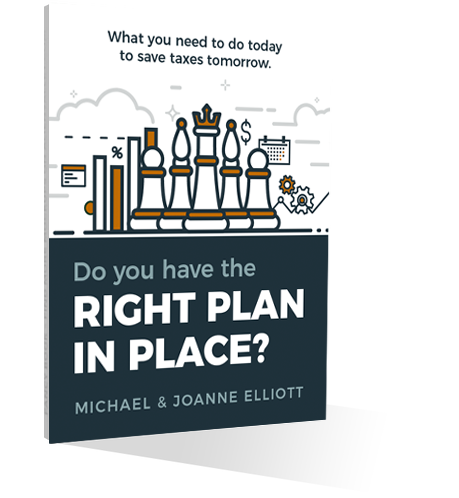Smart taxpayers know that buying an appraisal can help them save them thousands of dollars when appealing their property taxes. But getting the right appraisal is critical to maximizing your tax savings. Using an appraisal...
Commercial property owners: Maximize property tax savings with the right appraisal
September 22, 2022


